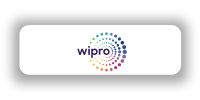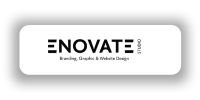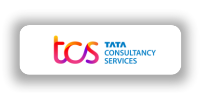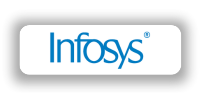Best ADCA And CCC Course in Kerala
A Whole Guide to ADCA/CCC Course : Learn skills that are in demand and become equipped for work in Kerala.

What you'll learn
Master content, SEO, social media & more to crush digital marketing
Whats Material Includes?
- Introduction to Computers
- Word Processing Software (MS Word)
- Spreadsheet Software (MS Excel)
- Presentation Software (MS PowerPoint)
- Database Management Systems (MS Access)
- Introduction to the Internet
- Basic Computer Troubleshooting
- Assessment:
- Operating Systems
- Word Processing Software
- Word Processing Software

Complete a ADCA/CCC Course with Samantus
- Live Project
- 95% Practical
- 100% Placement help
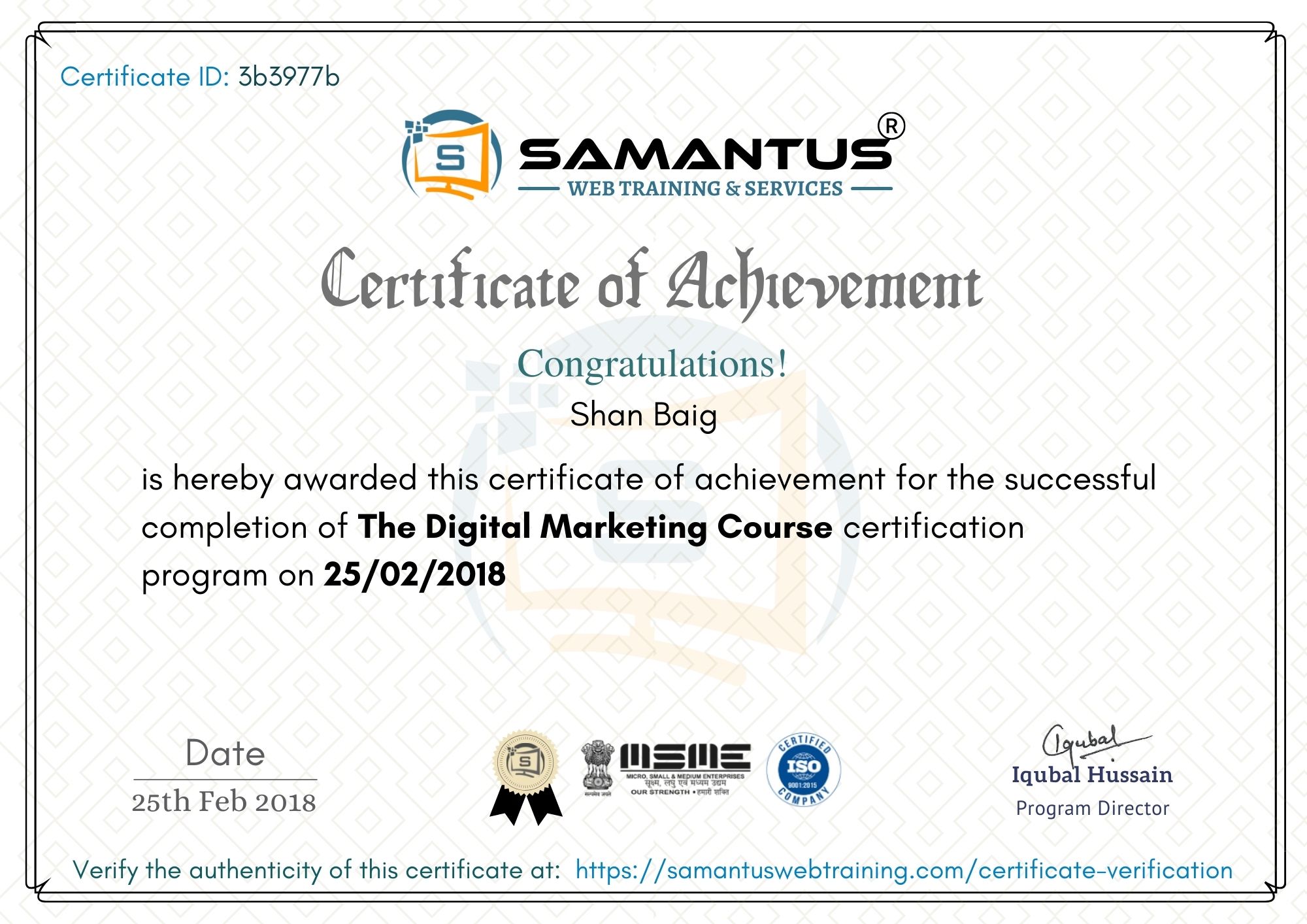
Get a Certificate in ADCA and CCC Course in Kerala
Unlock Your Potential: Get Your ADCA/CCC Course Certificate Today
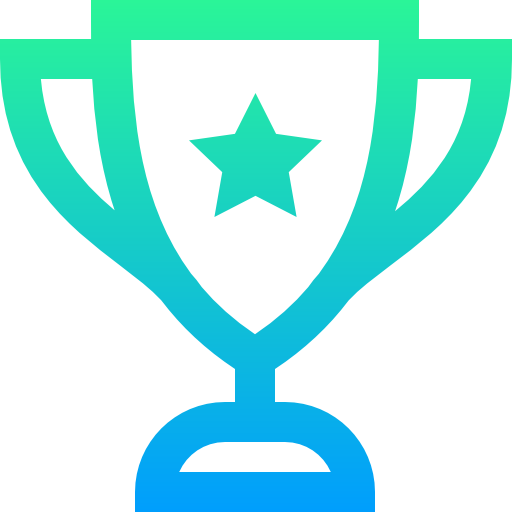
Award winning
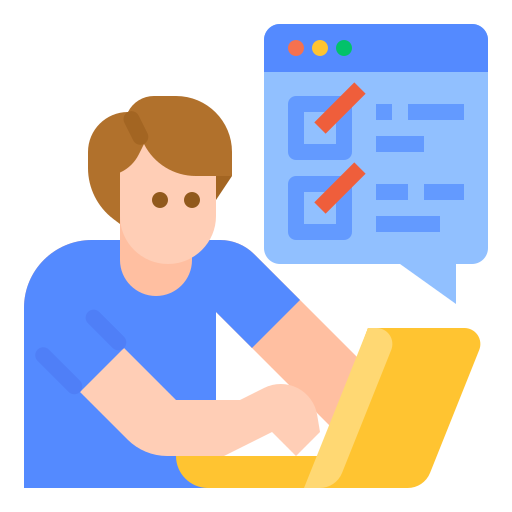
Make your Career
Course Curriculum:
1: Introduction to Computers
Module 1: Understanding Computers
- Definition and evolution of computers
- Components of a computer system: hardware and software
- Types of computers: desktops, laptops, tablets, and smartphones
Module 2: Computer Hardware
- Overview of computer hardware components: CPU, memory (RAM), storage devices (HDD, SSD), motherboard, and peripherals (keyboard, mouse, monitor)
- Understanding input, processing, output, and storage devices
Module 3: Computer software
- Definition and types of computer software: system software (operating systems) and application software (word processors, spreadsheets, web browsers)
- Introduction to operating systems: Windows, macOS, Linux, iOS, and Android
Module 4: Computer Networks and the Internet
- Introduction to computer networks: LAN, WAN, and the Internet
- Basics of network architecture: routers, switches, servers, and protocols (TCP/IP, HTTP, HTTPS)
Module 5: Internet and Web Browsers
- Understanding the World Wide Web (WWW) and web browsers can be beneficial.
- Exploring web browser features and functions: navigation, bookmarks, tabs, and search engines
Module 6: Emails and Communication Tools
- An overview of email and communication tools, including email clients, webmail, and instant messaging applications.
- Understanding email protocols: POP, IMAP, and SMTP
Module 7: Computer Security and Privacy
- Importance of computer security and privacy: threats, vulnerabilities, and risks
- Implementing security measures: passwords, firewalls, antivirus software, and encryption
Module 8: Digital Citizenship and Ethics
- Understanding digital citizenship: rights, responsibilities, and norms of appropriate technology use.
- Ethical considerations in computing: copyright, plagiarism, cyberbullying, and online behavior
Module 9: Emerging Technologies
- Exploring emerging technologies shaping the future of computing: artificial intelligence (AI), machine learning, the Internet of Things (IoT), and blockchain
- Understanding the potential impact of emerging technologies on society and industry
Module 10: Practical Computer Applications
- Overview of practical applications of computers in various fields: business, education, healthcare, entertainment, and scientific research
- Understanding how computers have transformed workflows, communication, and collaboration in modern society
This course curriculum provides a comprehensive introduction to computers, covering fundamental concepts, components, applications, and ethical considerations essential for computer literacy in today’s digital age.
2: Word Processing Software (MS Word)
- Creating, editing, and formatting documents.
- Working with styles, templates, and tables.
- Integrating images and objects into documents.
- Mail merge is used for creating personalized letters and labels.
3: Spreadsheet Software (MS Excel)
- Data entry and manipulation techniques.
- Working with formulas and functions for calculations.
- Creating charts and graphs to visualize data.
- Pivot tables for data analysis and summarization.
4: Presentation Software (MS PowerPoint)
- Creating compelling presentations with slides and layouts.
- Adding multimedia elements (images, videos, and audio) for engagement.
- Applying transitions and animations for a dynamic presentation.
5: Database Management Systems (MS Access)
- Introduction to database concepts and terminology.
- Creating and managing databases using MS Access.
- Designing tables, queries, forms, and reports.
- Working with data relationships and data manipulation.
6: Introduction to the Internet
- Web browsing fundamentals and search engine usage.
- Understanding website functionalities and navigation.
- Email communication and etiquette.
7: Basic Computer Troubleshooting
- Identifying common computer problems and solutions.
- Performing preventive maintenance to optimize computer performance.
Assessment:
The assessment format may vary depending on the institute, but it typically includes a combination of:
- Hands-on assignments and projects using the covered software applications.
- Written exams to test theoretical knowledge.
- Practical exams to evaluate your ability to apply learned skills.
Upon successful completion of the course and assessments, you may be awarded an ADCA certification by the respective institute.
CCC (Course on Computer Concepts) Curriculum
1: Introduction to Computers
- What is a computer? Understanding the basic functionalities of a computer system.
- Hardware components (CPU, RAM, storage devices) and their roles.
- Different types of computers (desktop, laptop).
2: Operating Systems
- Introduction to operating systems (Windows, Linux) and user interface basics.
- File management concepts (creating, opening, saving, deleting files and folders).
3: Word Processing Software
- Introduction to word processing software (e.g., MS Word).
- Creating simple documents, formatting text, and using basic features.
Spreadsheets
- Data entry and manipulation techniques.
- Working with formulas and functions for calculations.
- Creating charts and graphs to visualize data.
- Pivot tables for data analysis and summarization.
Companies That Hire
(Freshers & Experienced Required As Per Company Norms)
